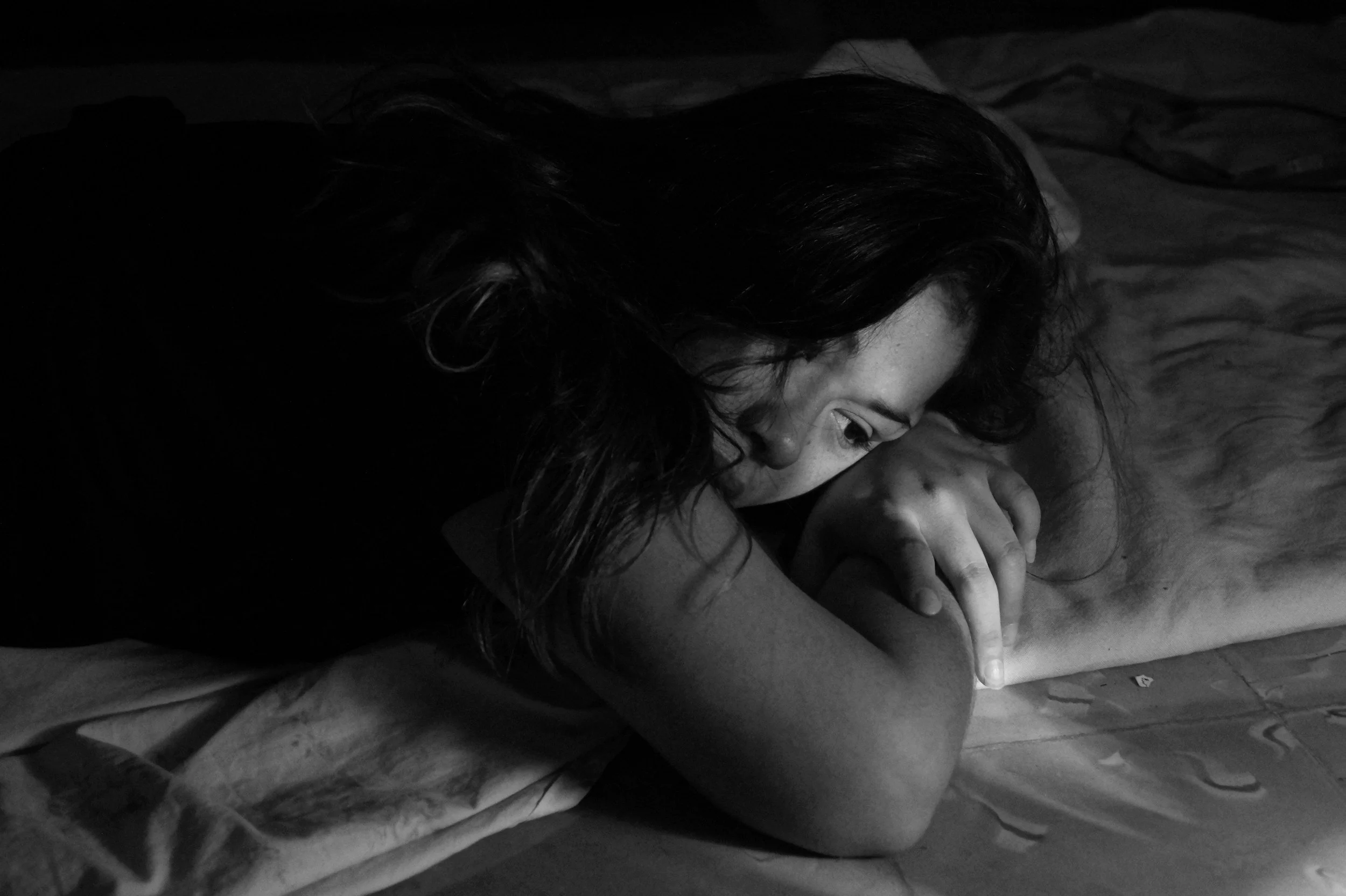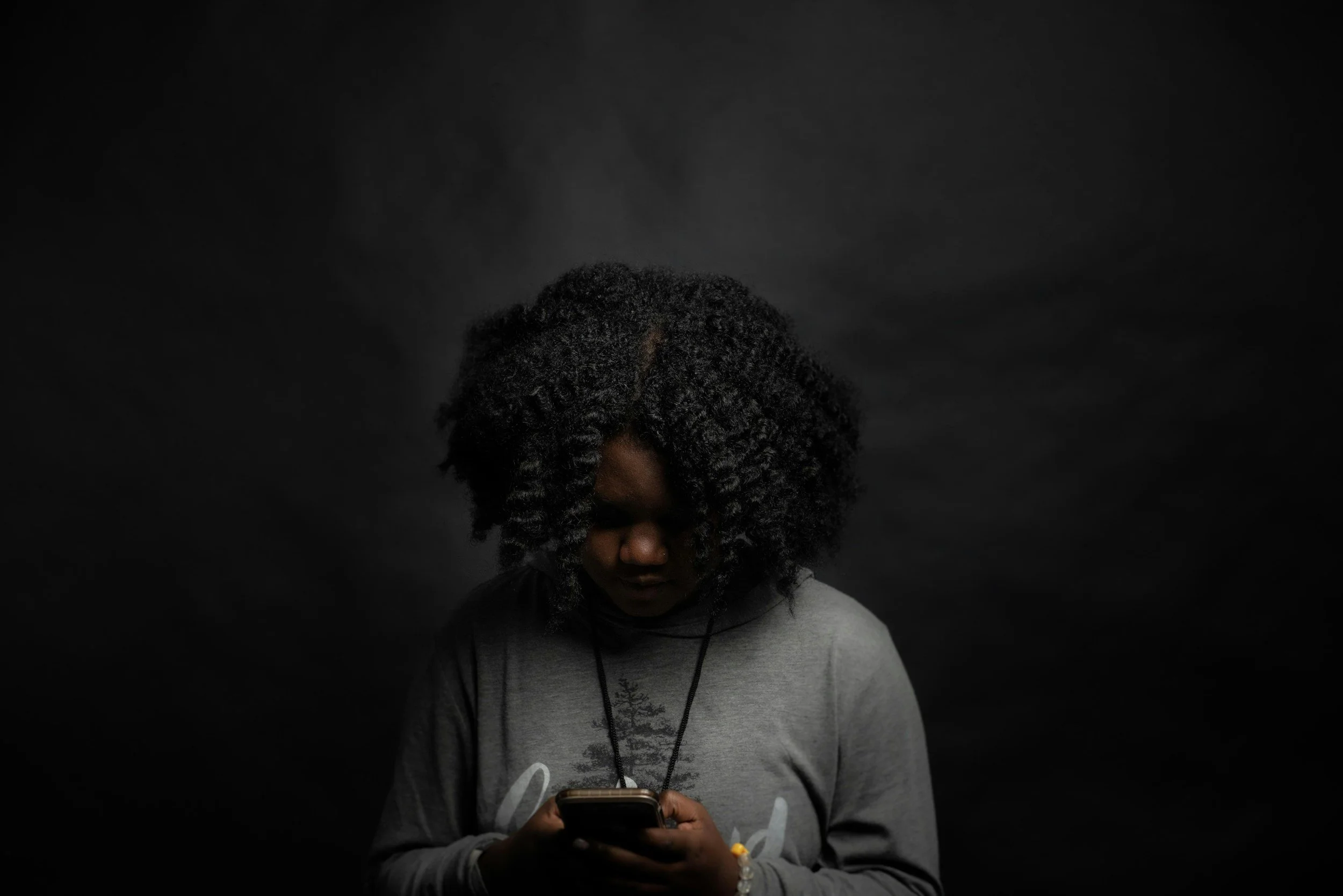The Failures of Legal Supports for Victims of Abuse
This article contains mentions of domestic abuse, sexual violence, and harassment. Reader discretion is advised.
By Tia Weldon, Sexpress Editor
Traumatising, horrific, challenging. These are the words Natasha O’Brien used in an article on RTÉ to describe the current state of the justice system in how it responds to abuse and gender-based violence. She is not alone in believing this. A recent campaign involving TD Ruth Coppinger is aiming to reform how Irish courts treat alleged victims in cases involving rape, sexual assault, stalking, and other forms of sexual violence. As is current policy, confidential counselling and therapy records can be accessed by the defence in legal cases. This, in conjunction with the immense hostilities such as victim blaming, stigma, and the difficulty of getting a guilty verdict, often will hinder both victims seeking justice for their ordeals and also prevent victims from accessing vital support for their mental health. This Bystander Intervention week, we should be asking ourselves whether the justice system has to be a venomous snake for the women, men, and adolescents who seek the legal route? I don’t believe so.
When I was seventeen years old, I was stalked by a girl who was outraged at my rejection of her confession of love. For a period of ten months, she, in collaboration with her friends, harassed me in-person and online. Rumours, lies, taunting ‘gifts’, whatever you’re thinking she said and did she likely surpassed it. I had never experienced this behaviour from anybody prior and especially from another queer person. While the leader of this behaviour wasn’t a man, the motivations and rhetoric used to defend these actions are identical to how gender-based violence is defended in wider society. One question I often asked myself was why I wasn’t running to the Gardaí to stop this girl and her friends from continuing. Why didn’t I go to the Gardaí? Well, a better question might be why would someone go to the Gardaí?
Victim-blaming culture permeates practically all institutions. It is a tragic statement, but we have seen it time and time again. From Mia Khalifa being deemed worthy of and asking for online sexual harassment due to a brief three-month career as a sex worker to Amber Heard being hounded by the press and social media as being a ‘liar’, despite Johnny Depp being found guilty in the UK of abuse against her, the extent to which people are blamed for suffering abuse, harassment, and stalking surpasses that of any other crime. I certainly felt this way within those months. Maybe I was too blunt. Maybe I should have expected that a live-streamed love confession would be done and planned ahead of time. Maybe I should have built a time machine and stopped myself from being too friendly and coming off as being interested. Going to the Gardaí involves interrogation, and when people have spent ages of their personal time questioning themselves over and over again, the last thing you want is the local detective asking you ‘One more time please?’.
So, what do you do and who do you talk to when the Gardaí are more hindrance than help? Many seek out counsellors, therapists, and for me, a youth worker. Speaking up wasn’t an easy decision, and for ages I would have preferred performing a DIY-lobotomy on myself than to be so vulnerable with another person. But it was vital. In confiding with my youth worker, I said many things. I talked about my paranoia and visceral dread any time I checked my phone or left the house. I talked about how this girl and her friends had impacted me in ways I couldn’t even quantify. I also described my stalkers with words that would probably burn through my computer screen if I transcribed them. Like many people who experience abusive behaviour, one-to-one services helped me to articulate myself and feel a form of cathartic relief that I hadn’t felt in the months preceding. Yet, with the current state of the legal system, I might not have sought out this help if I knew of the potential for my stalkers’ to be awarded the ability to see what they wanted- the impact of their actions.
The truth is for people who desire to hurt, abuse, and stalk others, the primary goal is to hurt, abuse, and stalk. An unknown number of cases in Ireland have had abusers vindicated in the courts as they bear witness to the emotional impact of their actions on their victims. It’s a violation of the confidentiality and privacy that counsellors, therapists, and anybody working in a mental health field supposedly promise to their clients.
Ultimately, instances of gender-based violence and sexual harassment will often always result in people who have experienced them to undergo difficulties outside of merely the initial behaviour of their targetters. Society is far from being a utopia where abusers get their just desserts and many of them go on to continue having decent social lives and stable careers (as some end up becoming the president). As potential bystanders to these behaviours, everyone should advocate for better treatment of victims of these heinous crimes. Rape, harassment, stalking - all of it can be combatted against when people aren’t afraid to speak up and challenge these policies that further traumatise individuals instead of solving problems. I for one will be supporting this push for this reform Ireland so desperately needs.
If you or someone you know are struggling with domestic violence, contact Women’s Aid at 1800 341 900 (24 hours a day) or Men’s Aid Ireland at 01 554 3811 (Monday to Friday, from 9am to 5pm) for advice on how you can help yourself and others.



